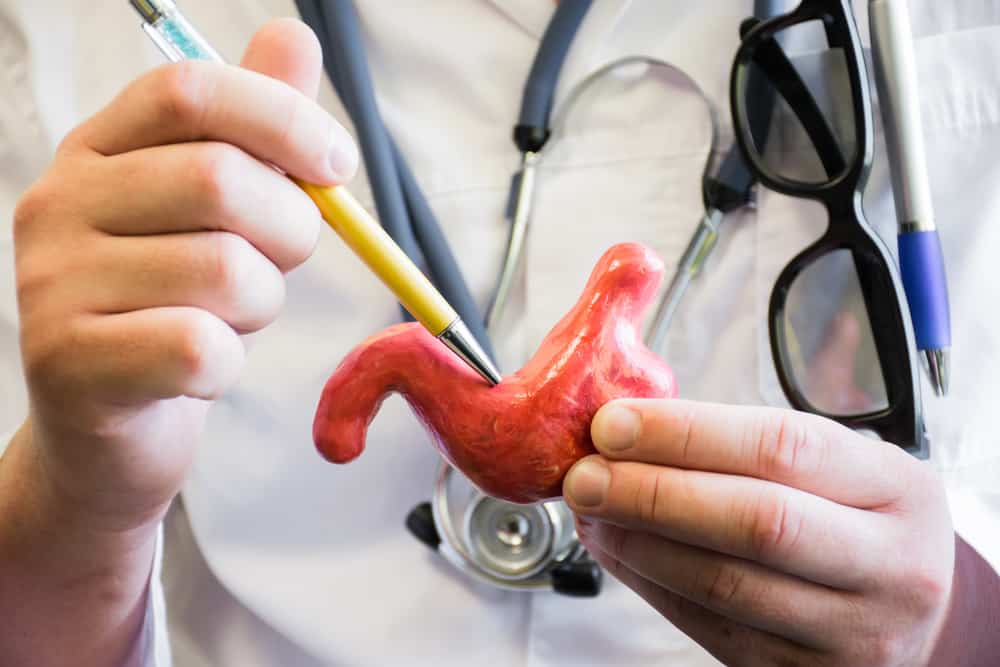

Surgical therapy for obesity (Bariatric surgery) is the only available modality associated with best and sustained weight loss in subjects with morbid obesity associated with comorbidities. Evidence shows that well-performed Bariatric surgery in carefully selected patients and a good multidisciplinary support team substantially improves the morbidities associated with severe obesity
Three primary principles involved in Bariatric / Metabolic surgery are :
The main objectives of the surgery are aimed at :
The surgery also helps to modify metabolic insufficiency thus aiding in the improvement of associated comorbidities / diseases.


Like any major surgery, bariatric and metabolic surgeries post potential health risks, both in the short term and long term. Risks associated can include: